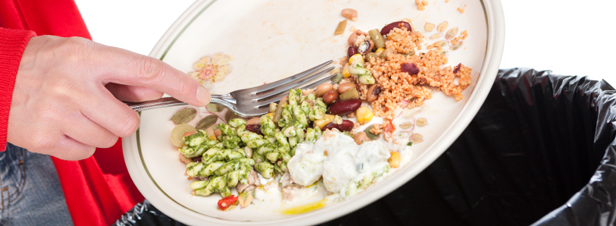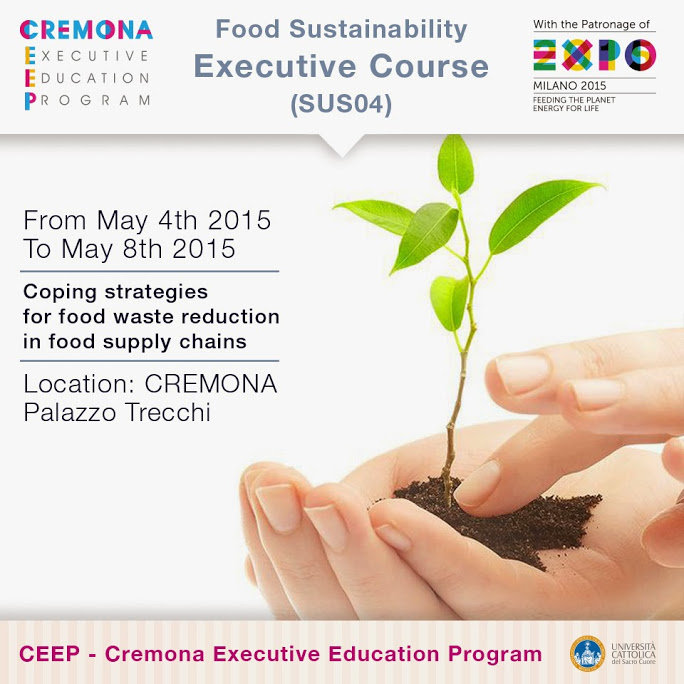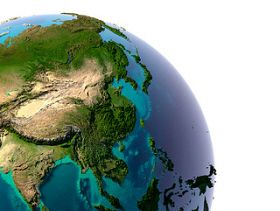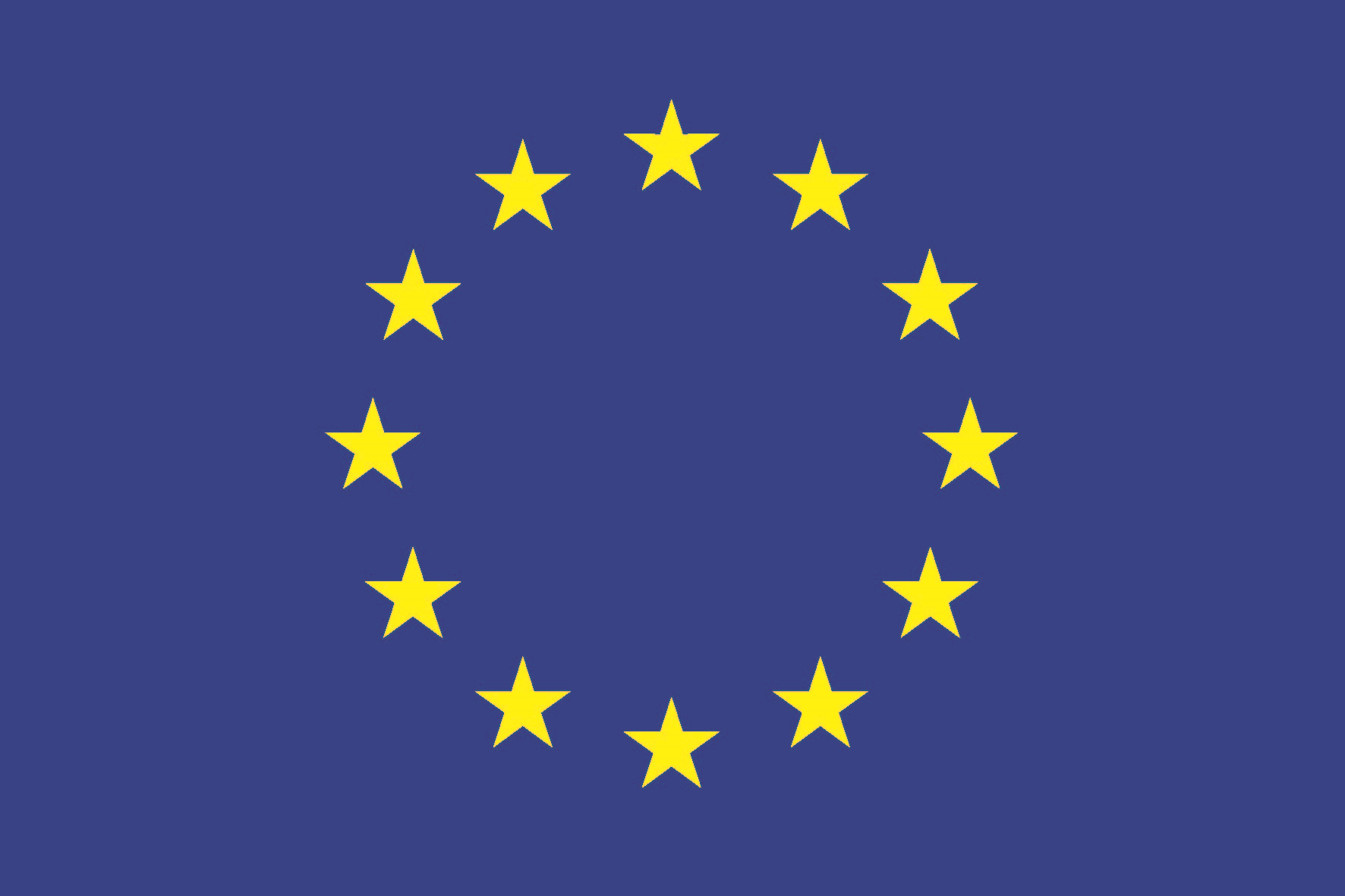Fighting food waste: French public policy proposals

Food waste in France stands to 7 million tonnes, according to the Ministry of Ecology. The current Prime Minister, Manuel Vals, has commissioned ex Associate Deputy Minister of AgriFood and now member of the Assembly representing the Mayenne deparment, Guillaume Garot, to present a list of propositions to reduce the amount of food waste by half. On the 14th of April, Mr Garot concluded his suggestions, as a follow up of the 2013 Pacte National Contre le Gaspillage Alimentaire. Below are his proposals:
Prohibit the mass disposal of food
Every year, over 750,000 tonnes of food is disposed of by the public, as well as commercial retailers. Mr Garot suggests that an efficient way to tackle this problem would be to ensure that this prohibition is transposed into national law. Only this way will be considered as a “principle” that needs to be instilled into the mindset of people. It has also been proposed to include a “anti-gaspi” (against waste) section into supermarkets which would include products which are nearing their expiration dates. Additionally, there has also been talks of involving “anti-gaspi” coached to sensitise consumers.
Compulsory donation of unused food
This practice should be enforced as soon as at least one charitable association expresses a need for the food. This measure should also be transposed into French legislation, so as to ensure an efficient follow up. The idea of establishing “conventions” between distributors and associations is favoured. This recommendation is based on the amended Macron bill which has been adopted this April.
Clarify the various definitions of “expiry dates"
Some consumers do not fully understand the meaning of these terms. Guillaume Garot has proposed to replace the term “best before” by “better before”. He also wishes to integrate this modification at EU level as well. It has also been suggested to promote the education of different types of labelling amongst consumers.
Encourage the “doggy bag”
A widely used practice in the States, the doggy bag will also see its way to France. This measure consists of bringing home the rest of the food that was ordered in restaurants.
The full article can be found here: http://www.actu-environnement.com/ae/news/gaspillage-alimentaire-rapport-garot-24327.php4




 Copyright © 2016 | EU FUSIONS |
Copyright © 2016 | EU FUSIONS |